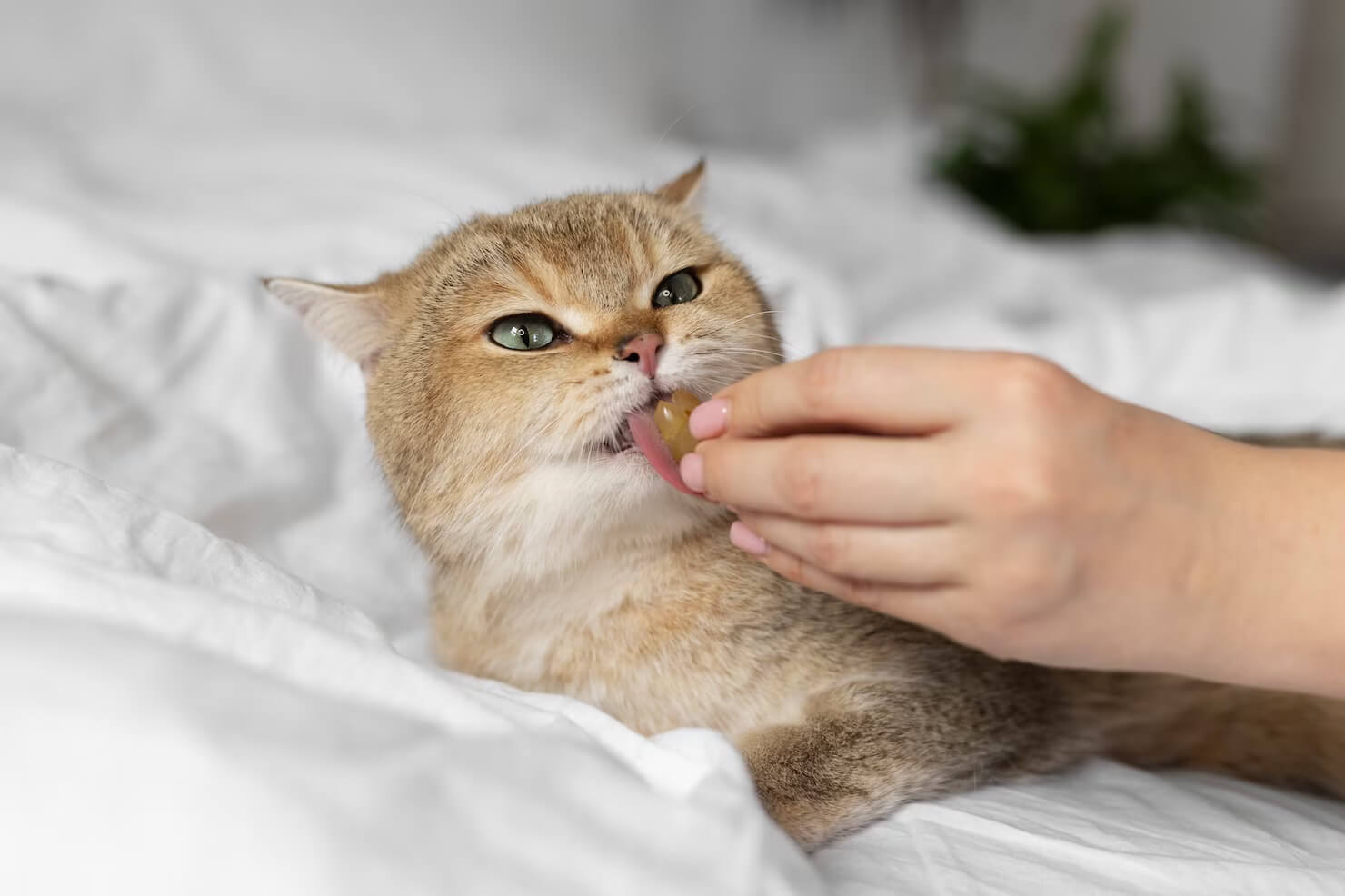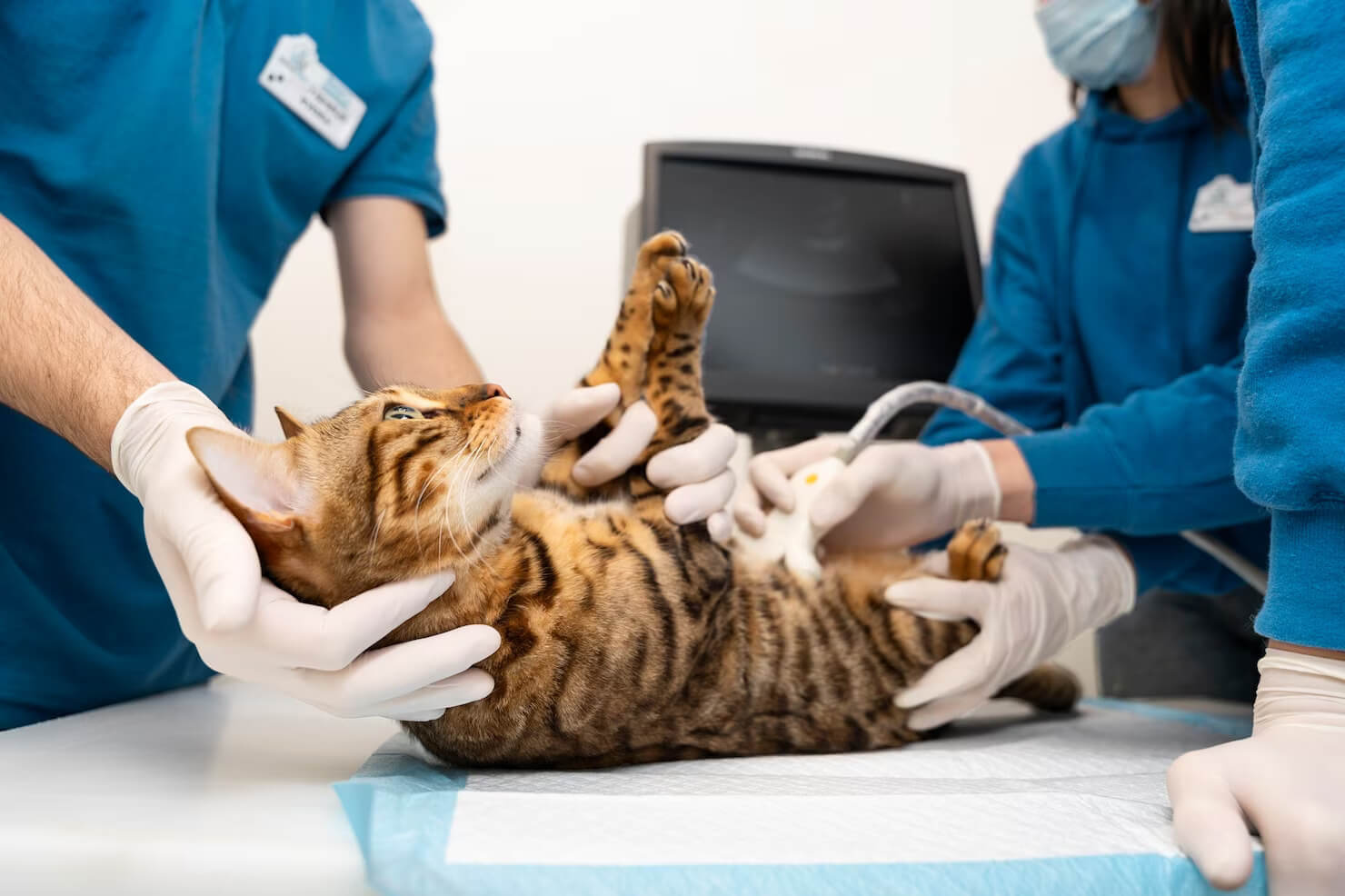Cats are beloved companions known for their independence and agility. However, just like any other pet, cats are susceptible to various health issues that can affect their well-being. As a responsible cat owner, it’s essential to be aware of these common health concerns and take proactive steps to prevent them. In this comprehensive guide, we’ll discuss some of the most prevalent cat health issues and provide valuable insights on how to keep your feline friend healthy and happy.
1. Obesity
Issue: Obesity is a prevalent health concern among cats, often caused by overfeeding, lack of exercise, or improper diet. It can lead to various health problems, including diabetes, joint issues, and heart disease.
Prevention: Ensure your cat receives a balanced diet appropriate for their age and activity level. Measure portions and avoid overfeeding. Encourage regular exercise through play and interactive toys. Consult your veterinarian for guidance on weight management if needed.
2. Dental Problems
Issue: Dental issues, such as periodontal disease and tooth decay, are common in cats. Neglecting oral health can lead to pain, infection, and difficulty eating.
Prevention: Brush your cat’s teeth regularly or use dental treats and toys designed to promote oral hygiene. Schedule annual dental check-ups with your veterinarian for professional cleanings and dental care.
3. Hairballs
Issue: Cats groom themselves frequently, leading to the ingestion of loose hair. This can result in the formation of hairballs in the stomach, which can be uncomfortable or even obstructive.
Prevention: Provide your cat with hairball control cat food or treats. Regular brushing can also help reduce shedding and minimize the amount of hair ingested.
4. Urinary Tract Issues
Issue: Cats are prone to urinary tract issues, including urinary tract infections and blockages. These conditions can be painful and life-threatening if left untreated.
Prevention: Ensure your cat has access to clean, fresh water at all times to promote adequate hydration. Feed them a high-quality diet, and consult your veterinarian if you notice any signs of urinary problems, such as straining to urinate or blood in the urine.
5. Parasites
Issue: Cats can be infested with internal parasites like worms and external parasites like fleas and ticks. These parasites can cause discomfort and transmit diseases.
Prevention: Keep your cat on a regular deworming schedule prescribed by your veterinarian. Use flea and tick preventatives as recommended. Maintain a clean living environment to reduce the risk of infestations.
6. Respiratory Infections
Issue: Cats are susceptible to upper respiratory infections, especially if they live in multi-cat households or shelters. These infections can cause symptoms like sneezing, coughing, and nasal discharge.
Prevention: Ensure your cat is up-to-date on vaccinations, including those for common respiratory infections like feline herpesvirus and calicivirus. Keep your cat’s living area clean and well-ventilated.
7. Kidney Disease
Issue: Kidney disease is a common health concern in older cats. It can lead to kidney failure, causing symptoms like increased thirst, weight loss, and decreased appetite.
Prevention: Provide your cat with plenty of fresh water and a balanced diet. Schedule regular check-ups with your veterinarian to monitor kidney function as your cat ages.
8. Diabetes
Issue: Diabetes is becoming more prevalent in cats, often due to obesity and a sedentary lifestyle. It can lead to symptoms like increased thirst, frequent urination, and weight loss.
Prevention: Maintain a healthy weight for your cat through diet and exercise. Feed them a balanced diet, and be mindful of portion sizes. Consult your veterinarian if you notice any signs of diabetes.
Final Words
By being aware of these common cat health issues and taking preventive measures, you can significantly improve your cat’s quality of life and reduce the risk of serious health problems. Regular veterinary check-ups, a balanced diet, proper hydration, and a loving, safe environment all contribute to your cat’s overall well-being. As a responsible cat owner, your commitment to their health is essential for ensuring a long and happy life for your feline friend.




